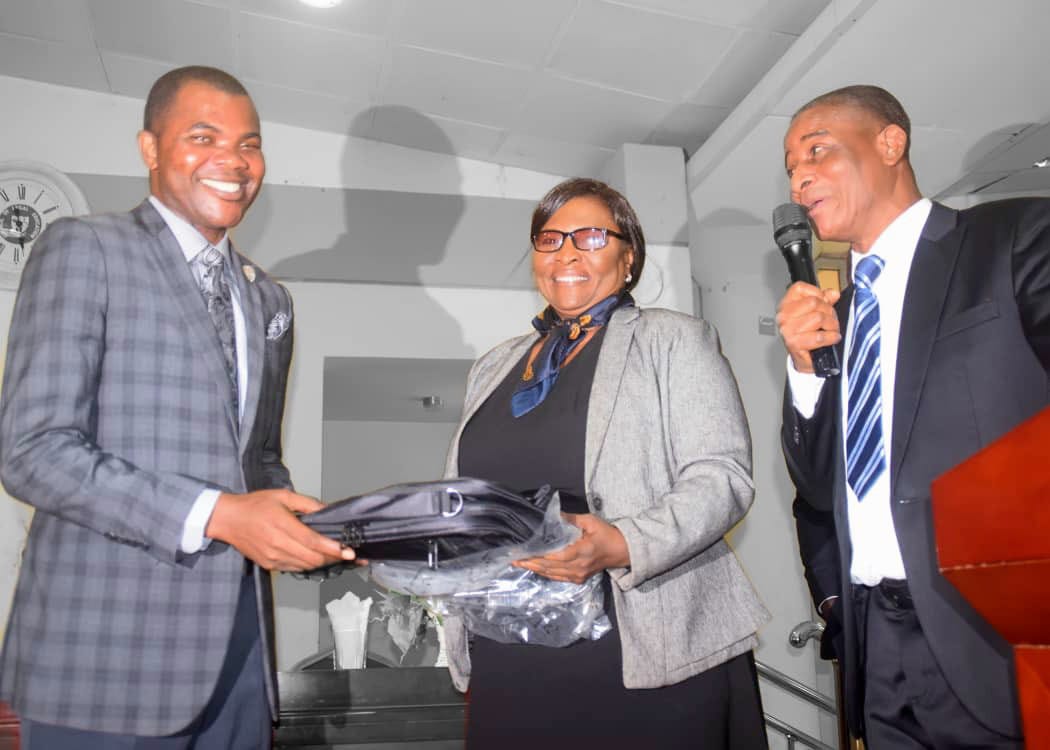A university don, Dr. Akin Oluwadayisi, has called for improved retirement compensation for judges in recognition of the immense intellectual labour involved in writing judgments. He proposed a tax on the profits of legal publishing firms as a sustainable source of funding.
Dr. Oluwadayisi, a Senior Lecturer and Head of the Department of Jurisprudence and International Law at Adekunle Ajasin University, Akungba-Akoko, Ondo State, made the call while delivering a paper at the All Universities’ Law Librarians Workshop/Conference, organised by the Council of Legal Education at the Nigerian Law School, Abuja, on Wednesday, July 20, 2025.
While acknowledging that court judgments are public documents and may be reproduced under the doctrine of “fair use,” Dr. Oluwadayisi argued that the economic and labour theories of intellectual property rights demand a more balanced application of this principle.
He noted that many private firms profit from publishing law reports without offering any form of compensation to the judges who authored the judgments. According to him, the effort required to write judicial opinions—often running into thousands of pages—is rarely acknowledged or rewarded.
“These judgments are repackaged and monetised by private publishers, yet the authors judges who dedicate enormous time and intellectual effort—receive no benefit from these ventures,” he said.
To address this, Dr. Oluwadayisi recommended that publishing firms be mandated to contribute between 3% and 5% of their profits to a dedicated fund for judges’ welfare and judicial support, drawing parallels with corporate contributions to the Tertiary Education Trust Fund (TETFUND).
He also raised concerns about the effect of electronic law reporting on academic legal research. Specifically, he pointed to challenges in using court judgments for undergraduate essays, master’s dissertations, and PhD theses, due to plagiarism checks such as Turnitin.
“It is troubling that judgments authored by public officers are increasingly being treated as the copyright of electronic law reporters. This raises legal and academic questions when students and researchers are flagged for plagiarism for citing publicly available judicial opinions,” he stated.
Dr. Oluwadayisi’s recommendations add a fresh perspective to the ongoing debate on judicial welfare and intellectual property in legal publishing.


